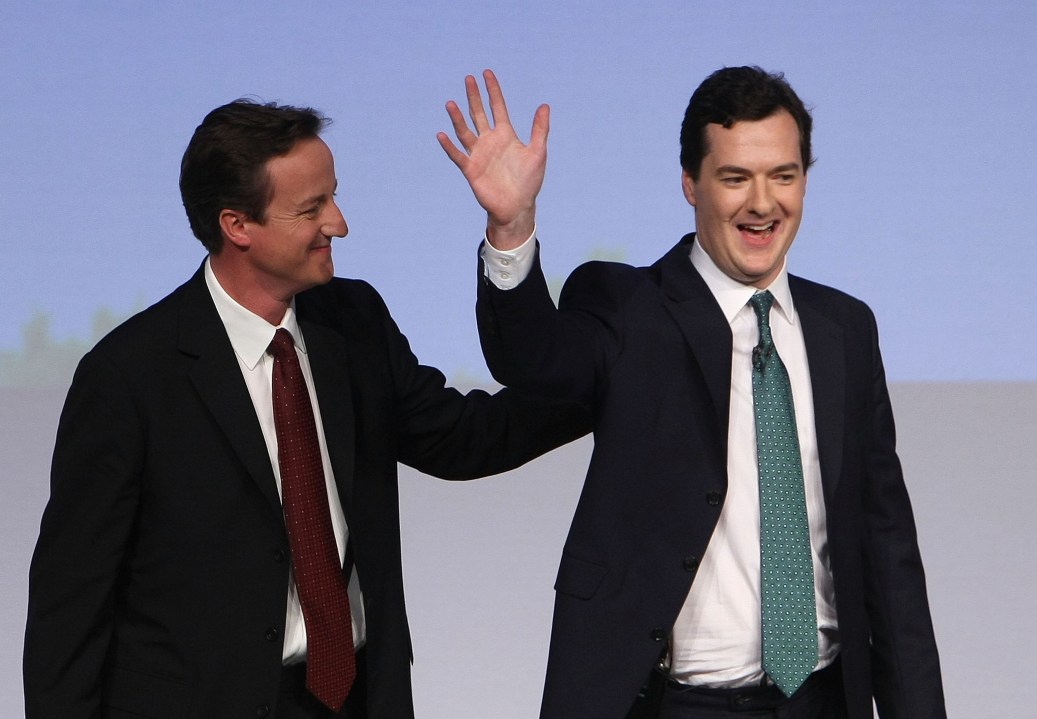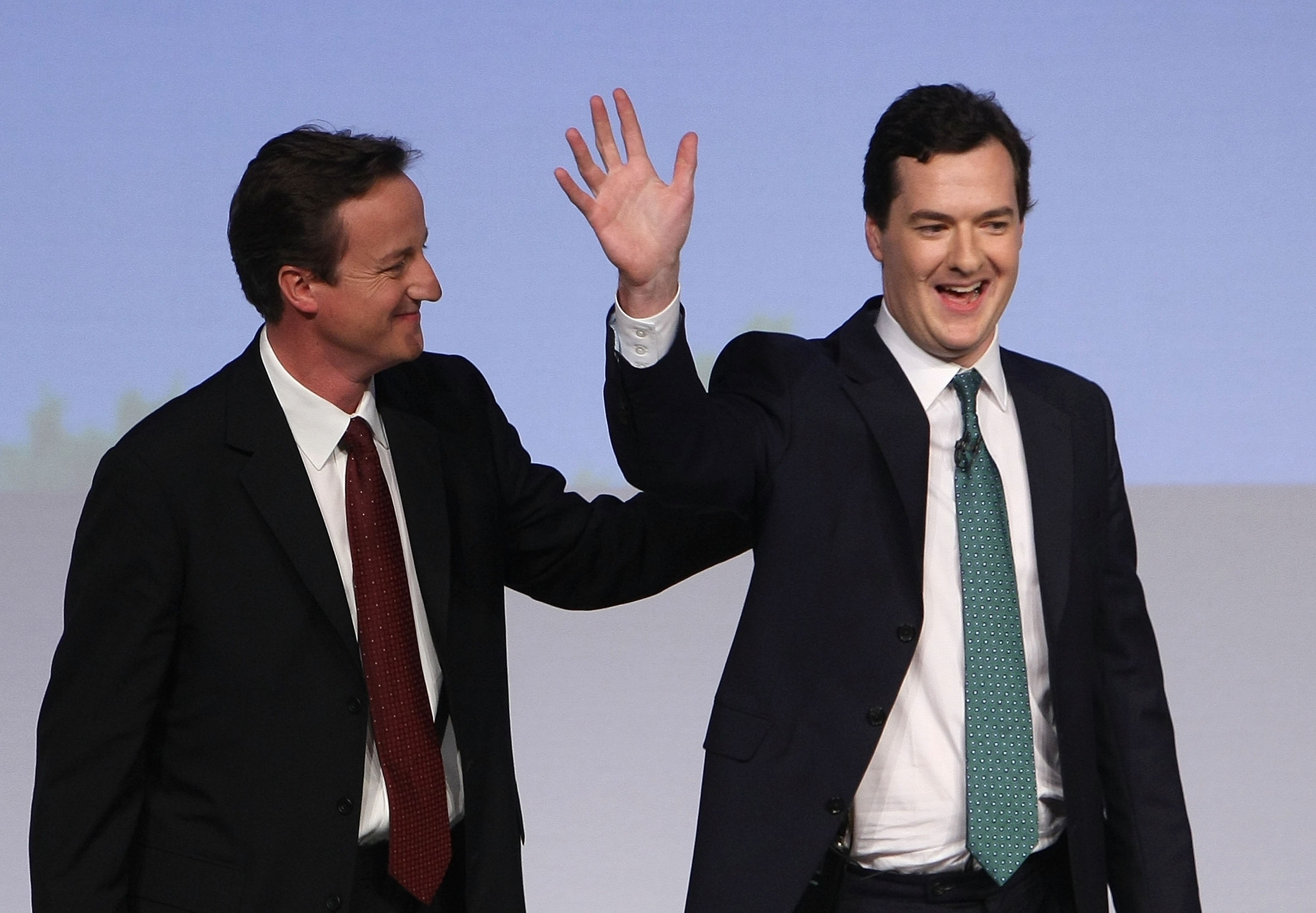“As tiresome as it may sometimes be, the essence of modernisation always boils down to reassurance of one kind of another: and those who think that the core Cameroon project of reassuring the voters is complete really are living in cloud cuckoo-land. I very much hope that Chancellor Osborne has the scope to cut the tax burden. He certainly has the inclination. But there is no surer way of preventing him from ever getting that chance than the party, in 2008, suddenly ripping up its prudential position and saying: ‘Actually, on reflection, let’s go back to what we did in 2001 and 2005 – only this time with feeling!’ We have seen that particular disaster movie twice before, and we know how it ends.” Yesterday, Matthew agreed with Daniel Finkelstein that the Tories should hold back a little – and spend more time reassuring the electorate – before cutting taxes wholesale. As he put it:
Yesterday, Matthew agreed with Daniel Finkelstein that the Tories should hold back a little – and spend more time reassuring the electorate – before cutting taxes wholesale. As he put it:
Over at ConservativeHome, Matthew Elliot of the TaxPayers’ Alliance has issued a strong response to this line of thinking. His message? That there’s no need to be so cautious. The failures of 2001 and 2005 reflected the poor manner in which the Tories framed their tax cuts, not public antipathy to cuts per se. What’s more, Team Cameron has the political capital to do what their immediate forebears couldn’t:
“Daniel [Finkelstein] is right that tax cuts are no silver bullet. But he is wrong to argue that the Conservatives should therefore completely avoid them as an issue. The middle way is to present tax cuts as part of the mix. How about tax cuts for the poor? The Party’s social justice agenda could be reinforced by advocating tax cuts targeting the poor. Increasing the personal allowance to £10,000 would not require cuts in spending only freezing it in real terms for a Parliament. Too often, Conservative spokesmen concentrate on lower taxes for businesses, which many voters see as being “tax cuts for the rich”. Just think how a ‘tax cuts for the poor’ campaign would change people’s perceptions of the Conservative Party.
Politics in 2008 is very different to politics in 2001 or 2005. The tax burden has increased massively and people are starting to feel the pinch. Our 2007 polling indicates that 64% of people think that the Government spends and taxes too much against 18% who think the balance is about right, and just 4% who would support more tax and spending. Just as significantly, David Cameron has the charisma and credibility to sell lower taxes. When the TPA convinces Daniel Finkelstein of this, an important part of our mission will be complete. Many people – I will name no names – said we were out of our minds when we advocated radically increasing the threshold of inheritance tax. Not many say that now.”
It’s a great debate. Where do CoffeeHousers stand?







Comments